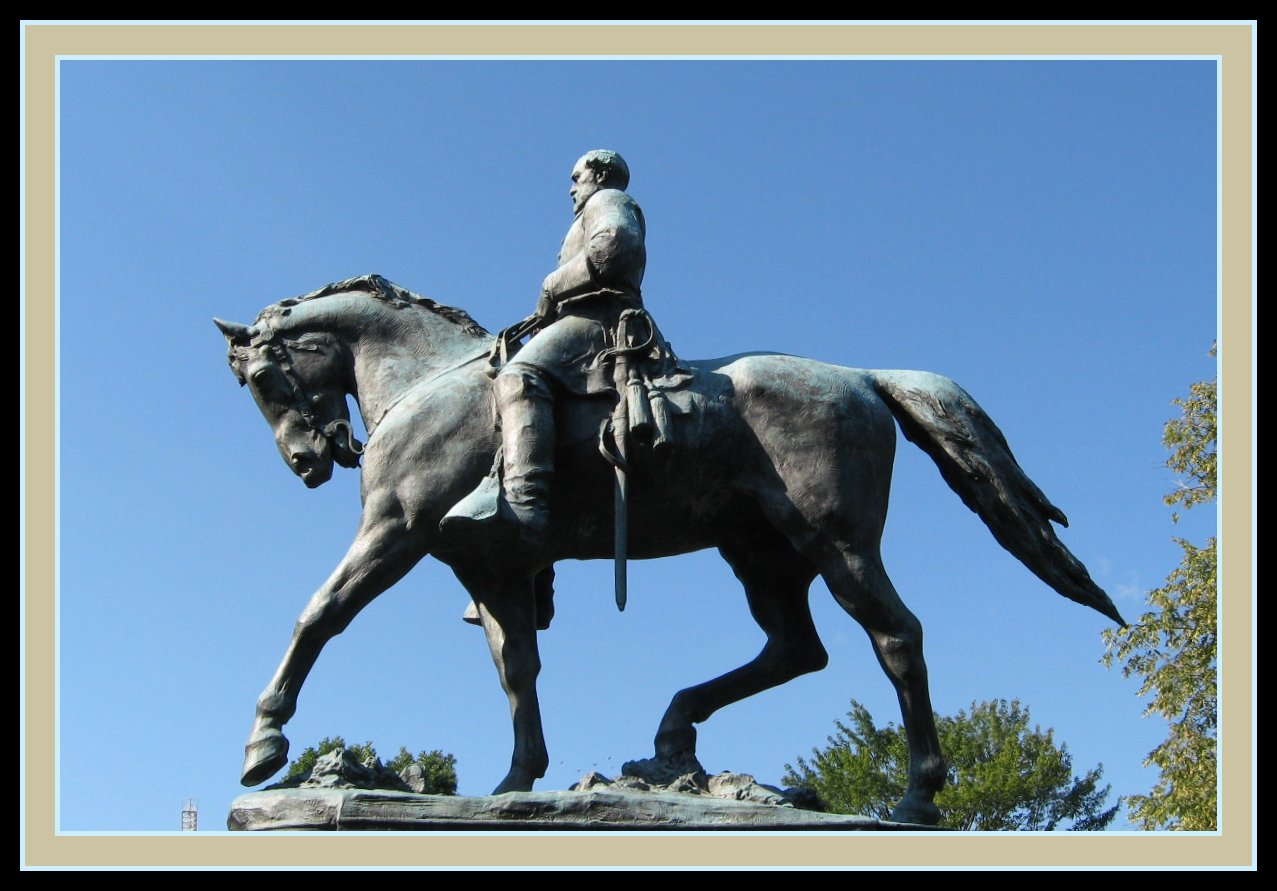
Seth Udinski, FISM News
[elfsight_social_share_buttons id=”1″]
A doomed statue of Confederate General Robert E. Lee in. Charlottesville, Virginia will now be completely destroyed as a result of a city council vote.
In July the statue of Lee was removed in the midst of the racial protests and riots in the country in the aftermath of George Floyd’s murder, meeting a fate not unlike another Lee statue in Richmond earlier this year. The Confederate general’s statue had been at the center of controversy since 2017 when an alt-right “Unite the Right” rally turned deadly after James Alex Fields Jr. rammed his car into a crowd of counter-protesters killing 1 and injuring 19 others.
The statue had been removed in July after a court had ruled on whether they could or not. On Tuesday, a unanimous city council vote declared that the statue will be given to Jefferson School African American Heritage Center, where it will be melted down and repurposed as part of a new bronze foundation for the city’s art exhibit.
Like the social tension that surrounded the Richmond statue’s removal, this is a difficult situation. On one hand, Lee represented a nation built upon racial slavery, and this should be condemned. On the other hand, this action attempts to cancel Lee’s legacy and rewrite history, while also ignoring the virtuous qualities of this brilliant general.
While many rejoice as another reminder of racism in America is destroyed, many others see the danger in attempting to rewrite history by simply omitting all figures that offend the masses. The executive director of the Jefferson School said she hopes to complete the statue’s repurposing by the year 2024, exactly 100 years after the statue’s dedication.
Lee was not the only historical figure to have his legacy and history erased in Charlottesville. In July of this year, statues depicting explorers Meriweather Lewis and William Clark, as well as their famous Native American companion Sacagawea, were removed from the city, along with a statue of Lee’s right-hand man in the Civil War, Thomas “Stonewall” Jackson.
